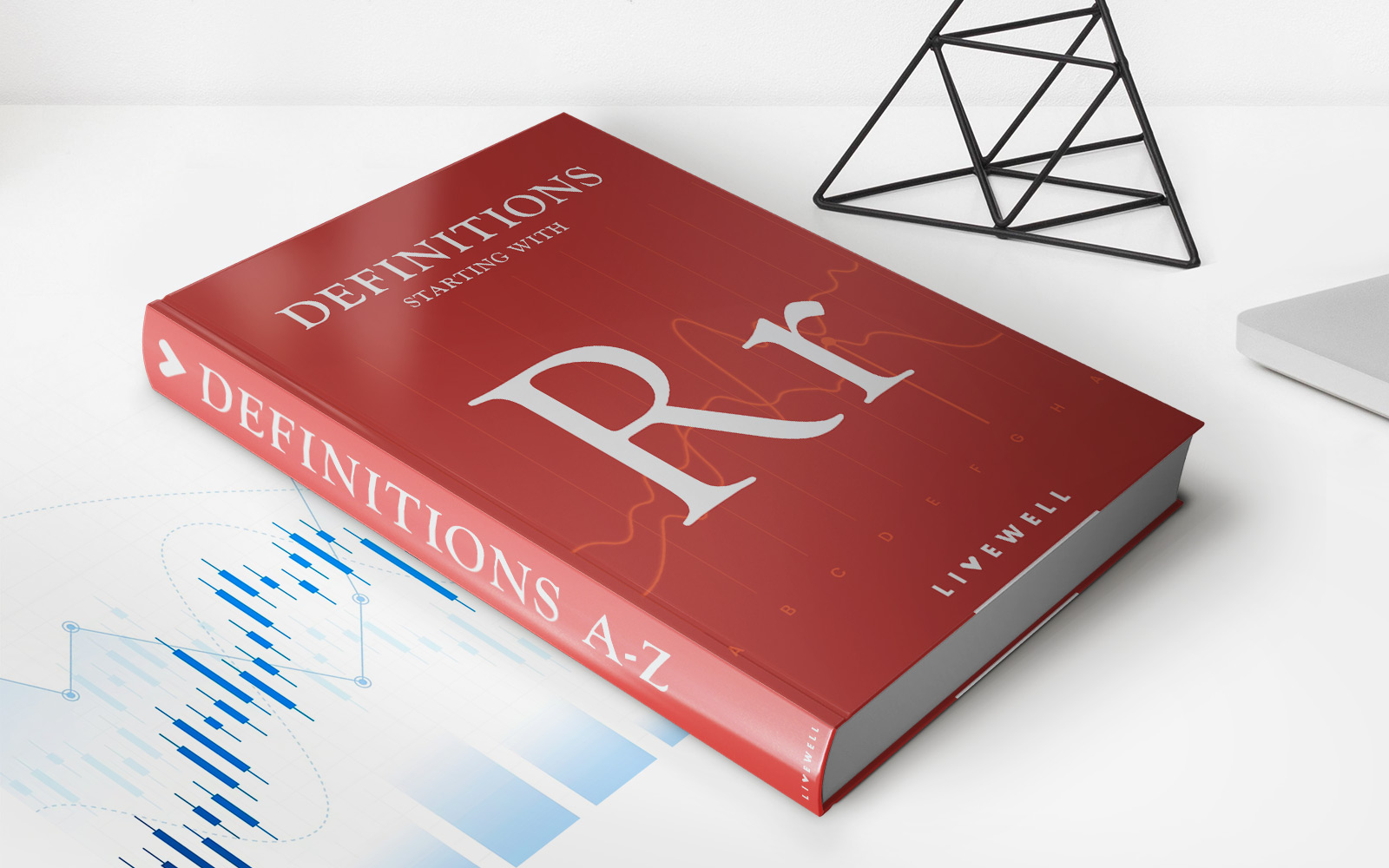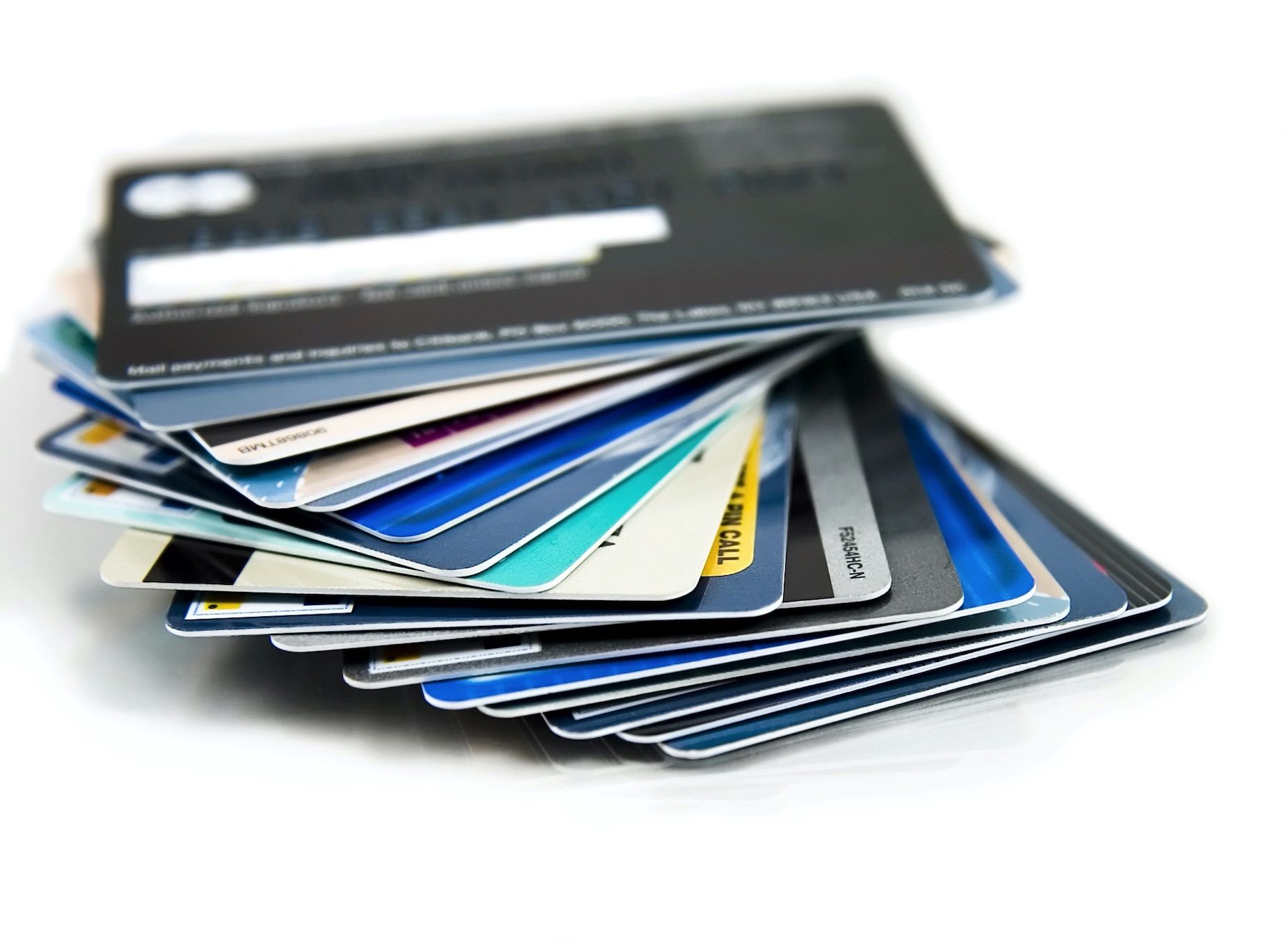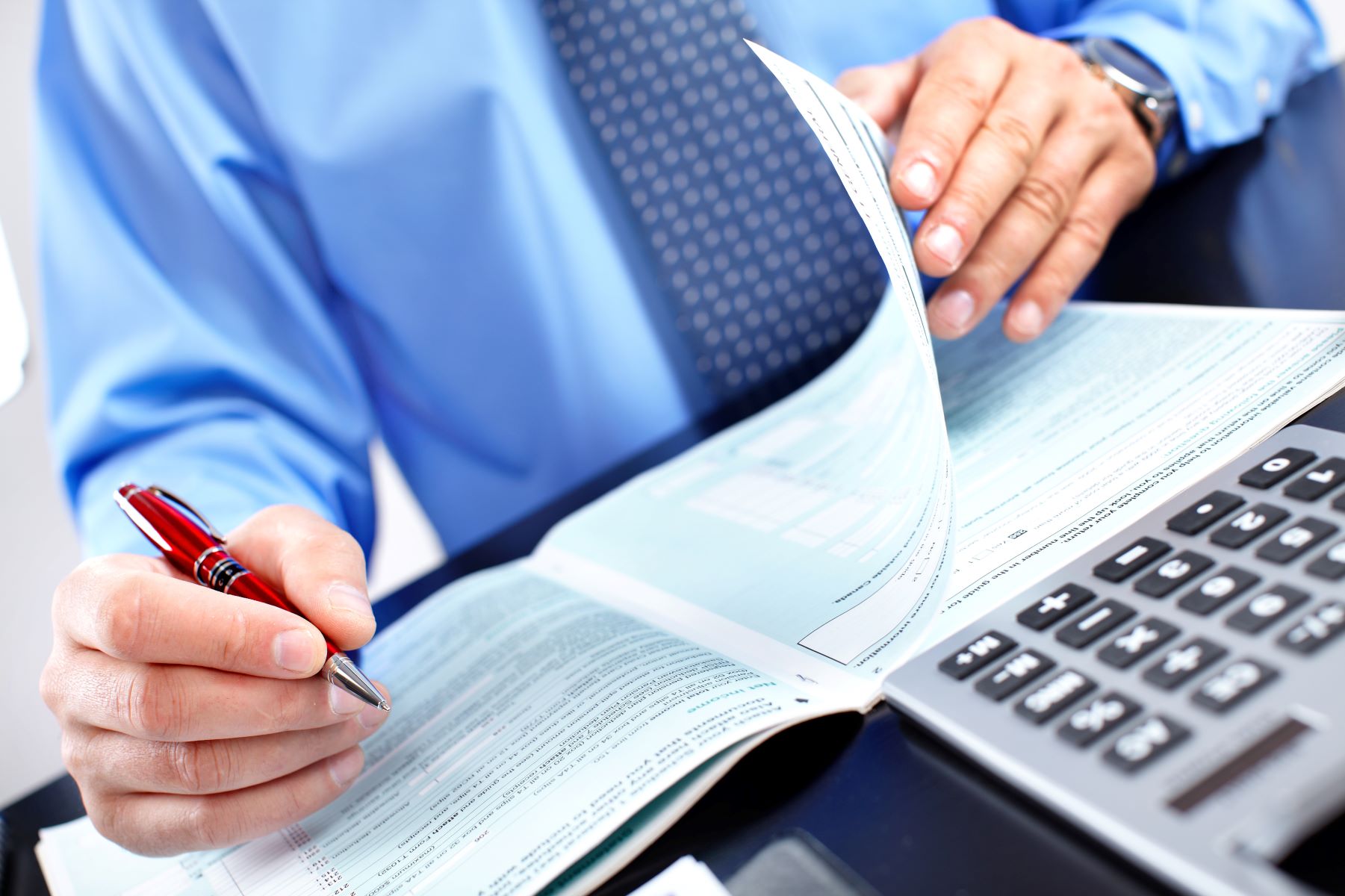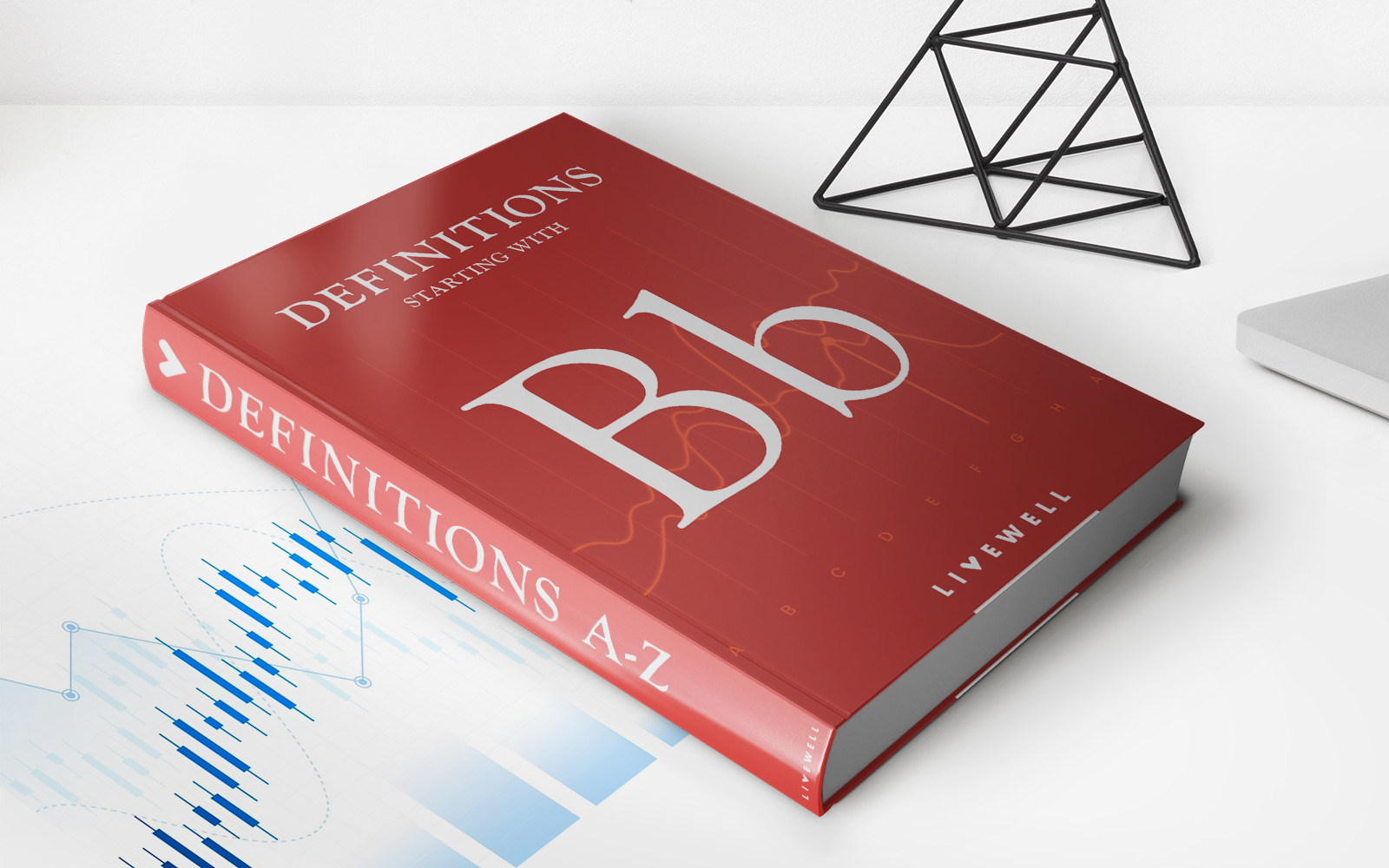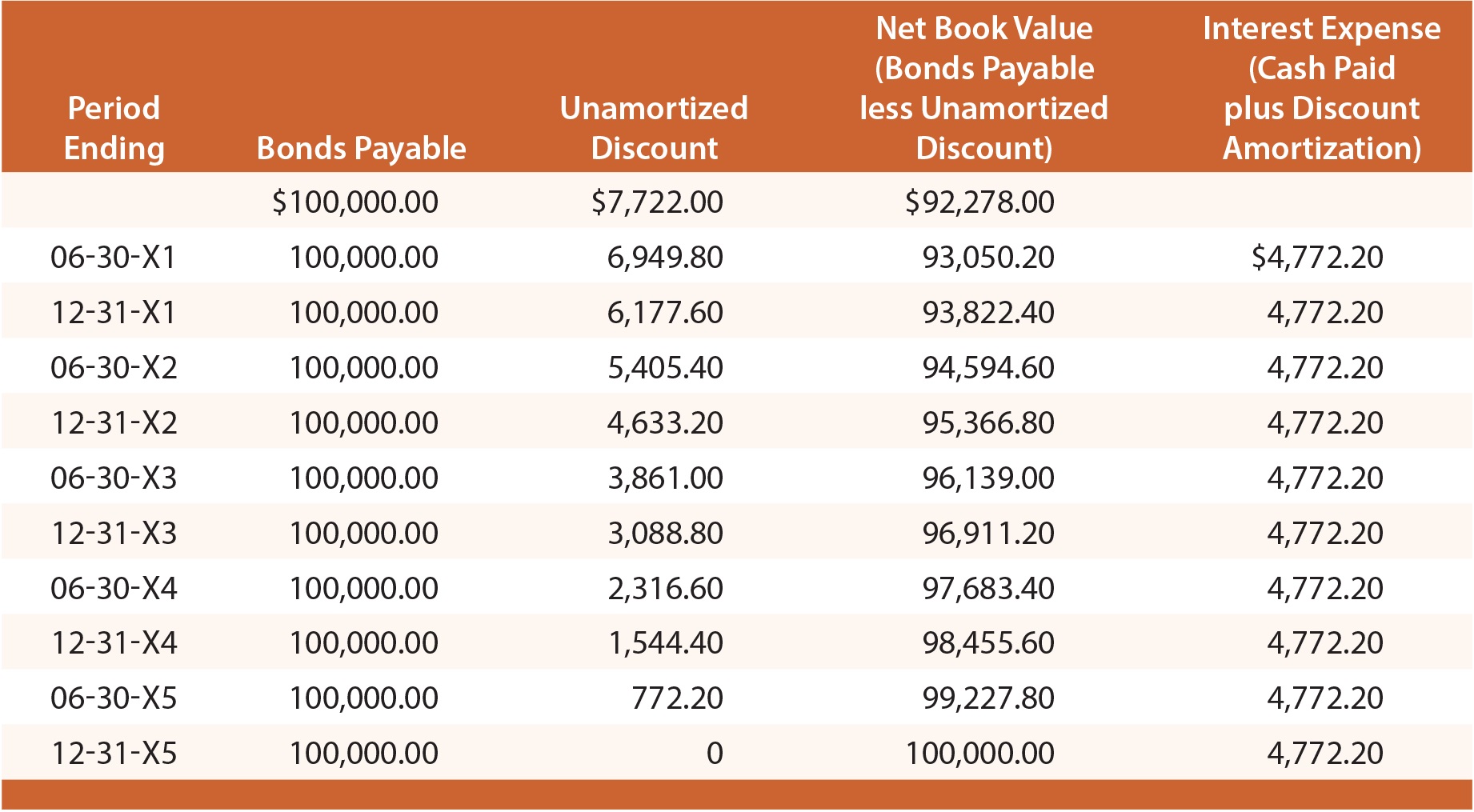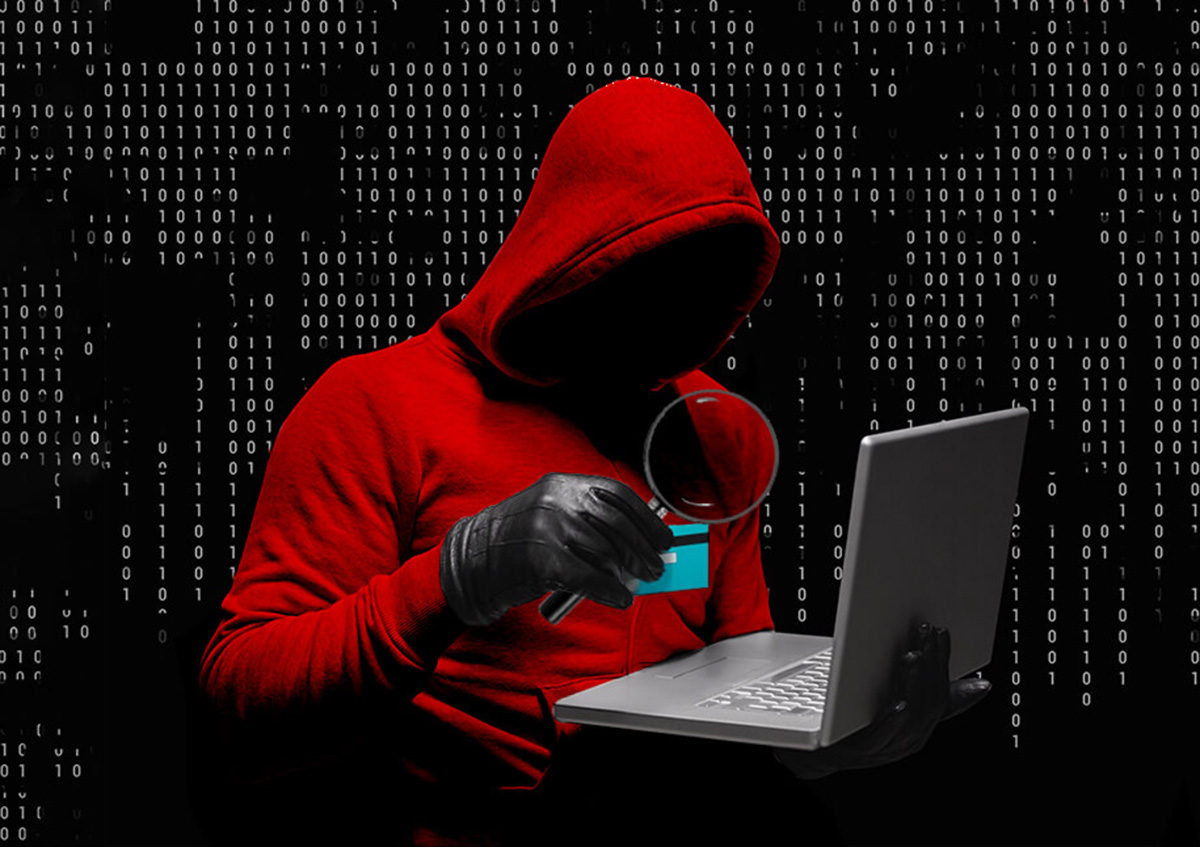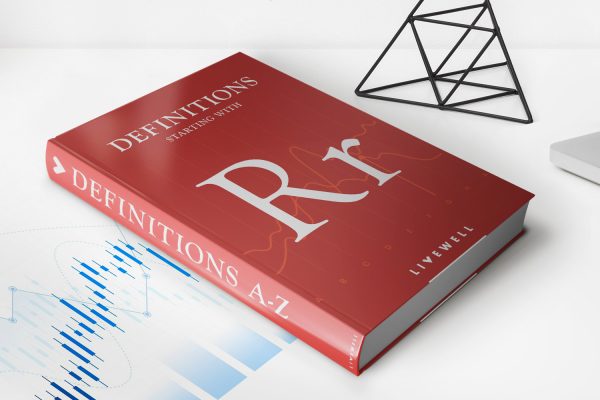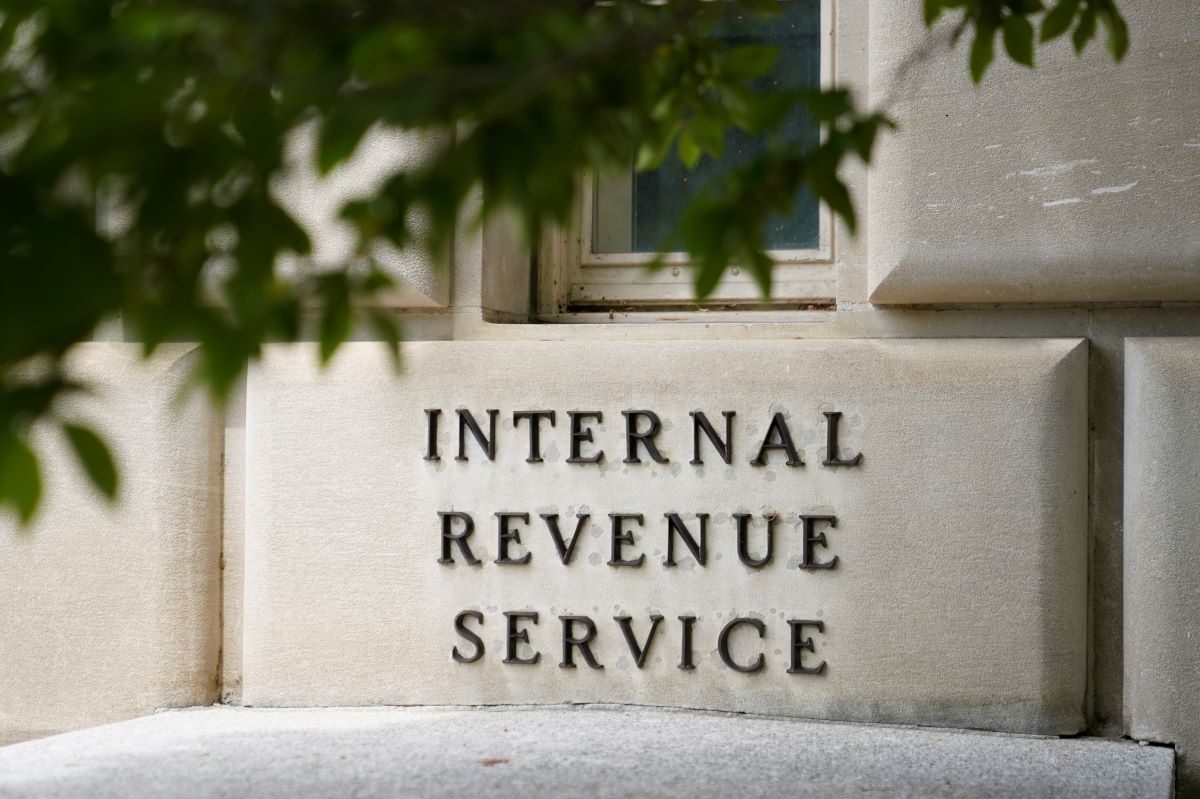Home>Finance>What Type Of Accounting Is Related To Identifying And Investigating Fraud
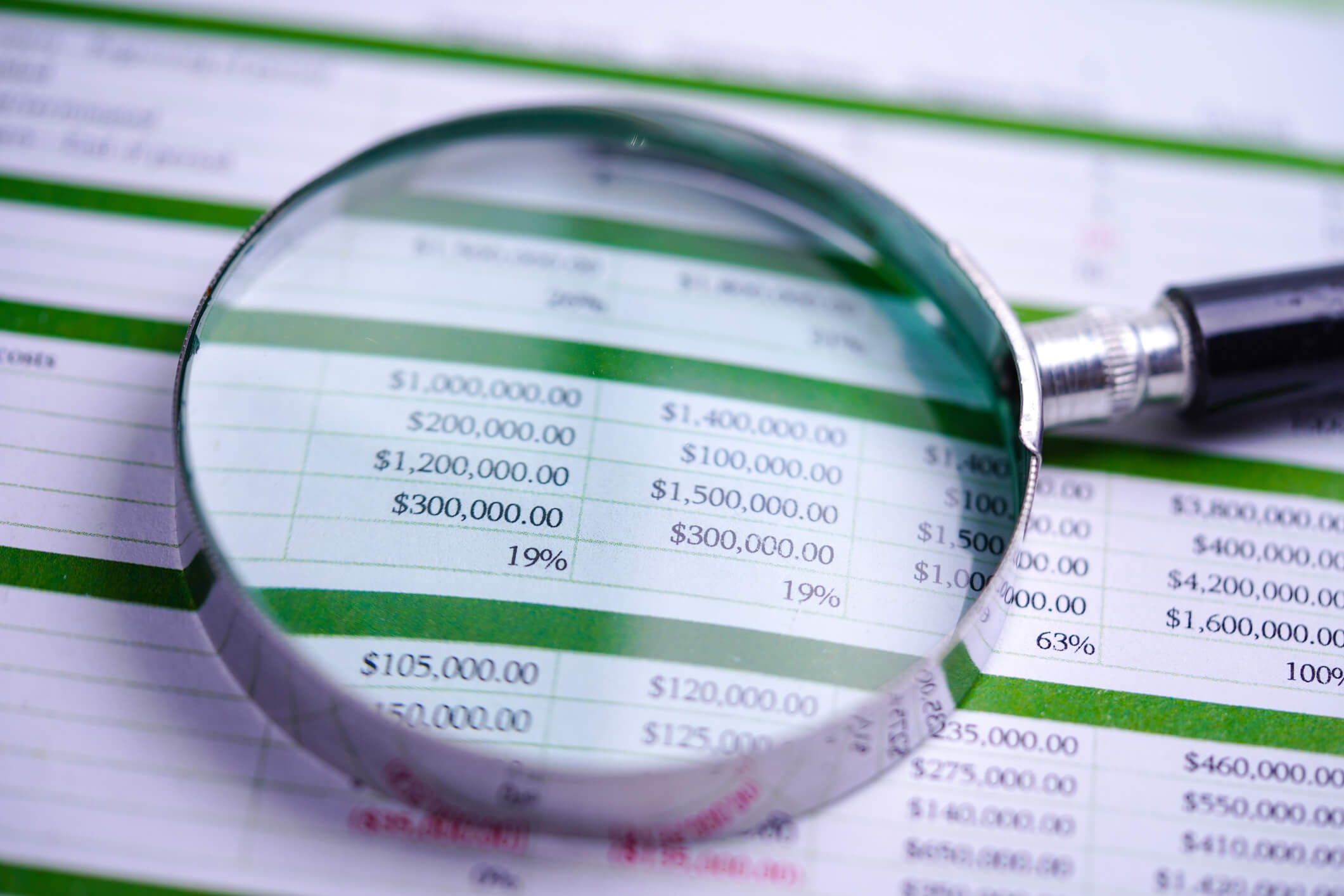

Finance
What Type Of Accounting Is Related To Identifying And Investigating Fraud
Published: October 12, 2023
Discover how the field of finance investigates and uncovers fraud through specialized accounting techniques. Learn about the various types of accounting involved in identifying and investigating fraudulent activities.
(Many of the links in this article redirect to a specific reviewed product. Your purchase of these products through affiliate links helps to generate commission for LiveWell, at no extra cost. Learn more)
Table of Contents
- Introduction
- Forensic Accounting
- The Role of Forensic Accountants in Fraud Detection
- Investigative Accounting
- Techniques Used in Identifying and Investigating Fraud
- Case Studies of Fraud Investigation in Different Industries
- Challenges Faced in Identifying and Investigating Fraud
- Prevention and Detection Measures for Fraudulent Activities
- Conclusion
Introduction
When it comes to financial matters, trust and integrity are essential. However, fraud can occur in any business or industry, compromising the financial stability and reputation of organizations. That’s where accounting professionals with deep knowledge in identifying and investigating fraud play a crucial role.
In the field of finance, two areas of accounting are closely related to identifying and investigating fraud: forensic accounting and investigative accounting. These specialized disciplines combine financial expertise and investigative skills to uncover fraudulent activities and gather evidence for legal proceedings.
In this article, we will explore the world of forensic accounting and investigative accounting, looking at the techniques used to detect and investigate fraud, real-life case studies from various industries, challenges faced in the process, and preventive measures to mitigate fraudulent activities.
Forensic accounting involves the application of accounting principles, auditing techniques, and investigative procedures to analyze financial data for the purpose of uncovering fraud. Forensic accountants are skilled professionals who utilize their expertise to reconstruct financial records, trace hidden assets, and identify irregularities that suggest fraudulent activities.
On the other hand, investigative accounting focuses on gathering evidence, conducting interviews, and conducting thorough investigations to support legal action against individuals or organizations involved in fraudulent activities. Investigative accountants work closely with law enforcement agencies, legal teams, and regulatory authorities in the pursuit of justice.
The role of forensic accountants and investigative accountants is critical in identifying and investigating fraud. They are often called upon to provide expert opinions and testimonies in legal proceedings and help bring the perpetrators to justice. Their work also helps organizations implement measures to prevent similar fraudulent activities in the future. By diligently examining financial records, identifying irregularities, and detecting patterns of fraud, these professionals play a significant role in maintaining the integrity and trust of the financial system.
Forensic Accounting
Forensic accounting is a specialized field of accounting that combines accounting expertise with investigative skills to uncover potential fraud or financial misconduct. It involves the examination and analysis of financial records, transactions, and other financial data to identify irregularities or evidence of fraudulent activities.
Forensic accountants are trained professionals who possess a deep understanding of accounting principles and procedures. They apply this knowledge to investigate financial discrepancies, analyze complex financial transactions, and piece together financial information to build a comprehensive picture of fraudulent activities.
One of the main objectives of forensic accounting is to reconstruct financial records that may have been purposely altered or manipulated to conceal fraudulent activities. Forensic accountants have the ability to trace transactions, identify hidden assets, and determine the flow of funds, even in the most complex cases.
Forensic accountants utilize various techniques and tools to uncover fraud. They may employ data analysis software to detect unusual transactions, patterns, or anomalies in financial statements. They also utilize specialized interviewing techniques and conduct thorough investigations to gather evidence.
In addition to identifying fraud, forensic accountants also play a vital role in quantifying the financial impact of fraudulent activities. They calculate financial losses, assess the value of misappropriated assets, and provide expert opinions on the financial impact of fraud in legal proceedings.
Forensic accountants are typically involved in a wide range of cases, including corporate fraud, embezzlement, insurance fraud, money laundering, and securities fraud. They work closely with law enforcement agencies, legal professionals, and regulatory authorities to provide their expertise in investigations and support the prosecution of fraudsters.
Overall, forensic accounting serves as a critical tool in the fight against fraud. It helps uncover the truth behind financial irregularities, brings criminals to justice, and safeguards the integrity of the financial system.
The Role of Forensic Accountants in Fraud Detection
Forensic accountants play a crucial role in the detection and prevention of fraud. With their specialized skills and knowledge, they are able to analyze financial data, uncover irregularities, and identify potential fraudulent activities. Here are some key roles that forensic accountants play in fraud detection:
- Financial Data Analysis: Forensic accountants meticulously examine financial records, transactions, and statements to identify inconsistencies, discrepancies, and unusual patterns that could indicate fraudulent activities. They utilize various techniques such as data analysis software and forensic audit procedures to highlight potential red flags in the financial data.
- Internal Control Evaluation: Forensic accountants assess the effectiveness of an organization’s internal controls to prevent and detect fraud. They review policies and procedures, identify weaknesses, and recommend improvements to strengthen the control environment. By helping organizations enhance their internal controls, forensic accountants contribute to reducing the risk of fraudulent activities.
- Investigation and Evidence Gathering: When a fraud is suspected, forensic accountants conduct in-depth investigations to gather evidence. They may interview employees, examine financial documents, and analyze electronic data to reconstruct financial transactions and establish a clear picture of the fraudulent activities. Their findings are often crucial in legal proceedings against the perpetrators.
- Expert Witness Testimony: Forensic accountants are often called upon to provide expert witness testimony in court, arbitration, or mediation proceedings. They present their findings, explain complex financial matters in a clear and concise manner, and provide objective opinions on the financial aspects of the fraud. Their testimony helps judges and juries understand the impact of the fraud and make informed decisions.
- Fraud Risk Assessment: Forensic accountants help organizations identify and assess their vulnerability to fraud. They conduct comprehensive fraud risk assessments, analyze the internal control environment, and provide recommendations to mitigate the identified risks. By proactively addressing fraud risks, organizations can strengthen their defenses and minimize the chance of fraudulent activities occurring.
Overall, forensic accountants are essential in the fight against fraud. They combine their investigative skills with their financial expertise to detect, investigate, and prevent fraudulent activities. By uncovering fraud and providing expert opinions, forensic accountants contribute to maintaining the integrity of financial systems and protecting organizations from financial losses.
Investigative Accounting
Investigative accounting is a specialized branch of accounting that focuses on conducting thorough investigations to uncover and gather evidence related to fraud or financial misconduct. Unlike forensic accounting, which primarily analyzes financial data, investigative accounting involves a more hands-on approach in the pursuit of justice.
Investigative accountants work closely with law enforcement agencies, legal professionals, and regulatory authorities to build cases against individuals or organizations suspected of engaging in fraudulent activities. They employ various techniques and methodologies to unravel complex financial transactions and determine the extent of the fraud.
One of the key roles of investigative accountants is to gather evidence to support legal proceedings. They conduct interviews, perform background checks, and review relevant documents to uncover hidden assets, false records, or illegal financial activities. By meticulously examining the evidence, investigative accountants provide a clear and accurate picture of the fraud, aiding in the prosecution of the offenders.
Investigative accountants are skilled in utilizing digital forensic tools and techniques to gather evidence from electronic sources such as emails, financial systems, and digital communication platforms. They are well-versed in data analysis and e-discovery methods, enabling them to uncover vital information and reconstruct financial trails that can be presented in court.
In addition to their investigative role, these professionals often act as expert witnesses in legal proceedings. They provide testimony regarding their findings, explaining complex financial concepts clearly and concisely to judges and juries. Their expert opinions are crucial in helping decision-makers understand the financial implications of the fraud and determining appropriate penalties or restitution.
Furthermore, investigative accountants also play a proactive role in fraud prevention. They analyze internal control systems, identify weaknesses, and recommend enhancements to protect organizations from potential fraud risks. By implementing their recommendations, businesses can strengthen their control environment, detect early warning signs of fraudulent activities, and deter potential offenders.
Overall, investigative accounting is an essential component of the fight against fraud. These professionals utilize their unique skill set to investigate, gather evidence, and support legal action against those who engage in fraudulent activities. Their contributions are instrumental in maintaining the integrity of financial systems and promoting a culture of accountability and transparency.
Techniques Used in Identifying and Investigating Fraud
Identifying and investigating fraud requires a combination of analytical skills, financial expertise, and investigative techniques. Forensic accountants and investigative accountants employ various methods to uncover fraudulent activities and gather evidence. Here are some common techniques used in identifying and investigating fraud:
- Data Analysis: Data analysis plays a crucial role in fraud detection. Forensic accountants leverage data analytics tools to analyze large volumes of financial data, identify patterns, anomalies, and trends that may indicate fraudulent activities. By examining transactional data, they can identify irregularities and flag suspicious transactions for further investigation.
- Interviews and Interrogations: Investigative accountants conduct interviews with suspects, witnesses, and relevant personnel to gather information and gain insights into the alleged fraudulent activities. They employ specialized interviewing techniques and carefully analyze verbal and non-verbal cues to uncover crucial details that can help build a case.
- Document Examination: Forensic accountants meticulously examine financial documents, contracts, invoices, bank statements, and other relevant records to identify discrepancies, forgery, or altered information. They compare documents, analyze handwriting and signatures, and scrutinize financial statements to detect irregularities and fraudulent activities.
- Surveillance: In some cases, surveillance techniques may be employed to obtain evidence of fraudulent activities. Investigative accountants may monitor the activities of suspects, document suspicious activities, and gather visual evidence to support their findings.
- Digital Forensics: With the increasing prevalence of digital transactions, forensic accountants rely on digital forensic techniques to uncover evidence of fraud. They employ tools and methodologies to analyze electronic devices, trace digital footprints, recover deleted data, and identify unauthorized access or manipulation of financial information.
- Background Checks: Investigative accountants conduct comprehensive background checks on individuals and organizations under investigation. They gather information about their financial history, previous convictions, professional affiliations, and relationships to identify any patterns or associations that may be relevant to the fraudulent activities.
- Covert Operations: In certain cases, investigative accountants may employ covert operations to gather evidence against suspected fraudsters. This may involve undercover work, surveillance, or gathering information from confidential informants to build a strong case for prosecution.
It is important to note that the techniques used in identifying and investigating fraud vary depending on the nature of the case, industry-specific considerations, and available resources. Forensic accountants and investigative accountants adapt their approach based on the unique circumstances of each investigation, employing a combination of methods to uncover the truth and bring the perpetrators to justice.
Case Studies of Fraud Investigation in Different Industries
Fraud can occur in any industry, and forensic accountants and investigative accountants play a crucial role in uncovering and investigating fraudulent activities. Let’s explore a few case studies highlighting fraud investigations in different industries:
1. Banking Industry:
In a high-profile case, forensic accountants were called upon to investigate a major banking fraud involving embezzlement of funds by a senior executive. Through meticulous analysis of financial records and forensic interviews, the accountants uncovered a complex network of fraudulent transactions, shell companies, and falsified documents. This case resulted in the successful prosecution of the executive and the recovery of a significant portion of the embezzled funds.
2. Healthcare Industry:
Investigative accountants played a key role in uncovering a healthcare fraud scheme involving fraudulent billing practices. By examining medical records, insurance claims, and financial transactions, they identified patterns of false billing, fictitious patients, and kickback schemes. The investigation led to the prosecution of numerous healthcare professionals and the recovery of substantial funds for both private insurers and government healthcare programs.
3. Manufacturing Industry:
Forensic accountants were brought in to investigate a case of procurement fraud in a manufacturing company. Through data analysis and document examination, they discovered collusion between employees and suppliers, resulting in overbilling and kickbacks. The evidence gathered by the accountants helped the company take legal action against the fraudulent employees and implement stronger procurement controls to prevent future fraudulent activities.
4. Retail Industry:
An investigative accounting team was tasked with uncovering a widespread employee theft and inventory fraud in a retail organization. Through interviews, surveillance, and data analysis, they identified a network of employees stealing merchandise, selling it on the black market, and concealing the theft in inventory records. The investigation resulted in the termination of the involved employees and the implementation of stricter inventory management processes.
5. Financial Services Industry:
Forensic accountants were called upon to investigate a case of securities fraud in an investment firm. By examining financial transactions and analyzing market data, they uncovered a scheme where executives manipulated stock prices, engaged in insider trading, and misled investors. The investigation led to criminal charges and civil lawsuits against the individuals involved, resulting in significant penalties and restitution for the affected investors.
These case studies highlight the diverse nature of fraud investigations across different industries. Forensic accountants and investigative accountants bring their expertise to each case, applying industry-specific knowledge and techniques to uncover fraudulent activities, gather evidence, and help organizations take legal action against the offenders.
Challenges Faced in Identifying and Investigating Fraud
Identifying and investigating fraud can be a complex and challenging task. Forensic accountants and investigative accountants face several obstacles in their pursuit of uncovering fraudulent activities. Here are some common challenges they encounter:
- Concealed Evidence: Fraudsters often go to great lengths to hide their fraudulent activities. They may manipulate financial records, create false documents, or employ sophisticated techniques to conceal their actions. Detecting these concealed evidences requires expertise in forensic accounting and advanced investigative techniques.
- Limited Access to Information: Access to relevant information is crucial in fraud investigations. However, forensic accountants may face challenges when organizations or individuals refuse to provide access to financial records or other pertinent documents. In such cases, legal measures may need to be pursued to compel cooperation.
- Technological Complexity: The digital landscape has introduced new challenges in fraud investigations. Fraudsters exploit technological advancements to carry out sophisticated cybercrimes, making it difficult for investigators to trace digital footprints or recover electronic evidence. Staying up-to-date with rapidly evolving technologies is essential to tackle these challenges.
- Cross-Border Investigations: Fraud investigations that involve multiple jurisdictions can introduce additional complexities. Varying legal systems, language barriers, and differences in cooperation between countries can hinder the progress of investigations. Collaboration with international agencies and experts is often required to overcome these challenges.
- Lack of Resources: Limited resources, including manpower, technology, and financial support, can impede fraud investigations. Conducting thorough investigations requires adequate resources to collect and analyze evidence. Insufficient resources may lead to delays or incomplete investigations.
- Whistleblower Protection: Encouraging individuals to come forward with information about fraudulent activities can be challenging due to the fear of retaliation or professional repercussions. Establishing effective whistleblower protection programs and ensuring anonymity are essential to encourage individuals to report fraud.
- Complex Legal Procedures: The legal process involved in fraud investigations can be complex and time-consuming. Investigators must navigate through legal frameworks, gathering admissible evidence, and perform within the boundaries of the law. Collaboration with experienced legal professionals is crucial for a successful outcome.
Despite these challenges, forensic accountants and investigative accountants are dedicated to overcoming obstacles in fraud investigations. Their expertise, persistence, and commitment to uncovering the truth allow them to navigate through these challenges and contribute to combating fraud.
Prevention and Detection Measures for Fraudulent Activities
Preventing and detecting fraudulent activities is crucial for organizations to safeguard their financial integrity and reputation. Implementing effective measures can help mitigate the risk of fraud and minimize potential losses. Here are some key prevention and detection measures:
- Strong Internal Controls: Establishing robust internal control systems is essential in preventing and detecting fraud. This includes segregation of duties, regular monitoring of financial transactions, and implementing authorization protocols to ensure proper oversight and accountability.
- Regular Risk Assessments: Conducting regular risk assessments allows organizations to identify vulnerabilities and implement targeted controls. By identifying potential areas of risk, such as inadequate security protocols or weak oversight, organizations can proactively address these issues and reduce the likelihood of fraudulent activities.
- Fraud Awareness Training: Educating employees on the risks and warning signs of fraud is crucial. Providing training on ethical conduct, fraud detection techniques, and encouraging reporting of suspicious activities creates a culture of accountability and vigilance within the organization.
- Whistleblower Hotline: Establishing a confidential and secure reporting mechanism, such as a whistleblower hotline, allows employees, customers, and other stakeholders to report suspected fraudulent activities anonymously. Encouraging individuals to come forward with information is an effective way to detect and prevent fraud.
- Data Analytics: Utilizing data analytics software and techniques can enhance fraud detection capabilities. By analyzing large volumes of financial data, organizations can identify unusual patterns, anomalies, or outliers that may indicate fraudulent activities. Implementing data analytics as part of regular monitoring procedures can significantly enhance fraud detection efforts.
- Internal and External Audits: Conducting regular internal audits and engaging external auditors can help detect and prevent fraud. Audits assess the accuracy and reliability of financial records, identify control weaknesses, and provide recommendations for improvement. These audit functions serve as an additional layer of scrutiny for fraud prevention.
- Code of Conduct and Ethics: Establishing a comprehensive code of conduct and ethics helps set clear expectations for employee behavior and promotes a culture of integrity. Regularly reviewing and reinforcing these standards ensures that employees understand their responsibilities and the consequences of engaging in fraudulent activities.
- Vendor and Supplier Due Diligence: Conducting thorough due diligence on vendors and suppliers can help prevent fraudulent activities such as kickbacks or inflated pricing schemes. Implementing a robust vendor evaluation process and conducting periodic reviews can reduce the risk of fraudulent activities involving third parties.
Organizations should adopt a multi-faceted approach that combines preventive measures and proactive detection techniques to effectively address the risks of fraud. By implementing these measures, organizations can create a strong line of defense against fraudulent activities and protect their financial well-being.
Conclusion
Identifying and investigating fraud is a critical aspect of maintaining the integrity and trust of financial systems. Forensic accountants and investigative accountants play a vital role in this process, utilizing their expertise in accounting, auditing, and investigative techniques to uncover fraudulent activities and gather evidence for legal proceedings.
Throughout this article, we explored the fields of forensic accounting and investigative accounting, understanding their roles in fraud detection. We discussed various techniques used to identify and investigate fraud, including data analysis, interviews, document examination, and digital forensic methods.
Furthermore, we examined real-world case studies, which highlighted how forensic and investigative accountants have successfully exposed and brought to justice individuals involved in fraudulent activities in different industries. These case studies demonstrated the importance of specialized expertise and collaboration among professionals to uncover complex fraud schemes.
However, fraud detection and investigation can present numerous challenges. From concealed evidence to limited resources and cross-border complexities, forensic accountants and investigative accountants face various hurdles in their pursuit of justice. Overcoming these challenges requires continuous learning, technological advancements, and collaboration with legal professionals and international agencies.
To prevent and detect fraudulent activities, organizations must establish strong internal controls, conduct regular risk assessments, provide fraud awareness training, and implement reporting mechanisms such as whistleblower hotlines. Utilizing data analytics, internal and external audits, and conducting thorough due diligence on vendors and suppliers are also essential steps in preventing fraud.
In conclusion, fraud detection and investigation are critical components in maintaining the integrity of financial systems and protecting organizations from financial losses and reputational damage. Through the expertise and dedication of forensic accountants and investigative accountants, the fight against fraud continues to evolve, ultimately ensuring the stability and trustworthiness of the financial industry.
